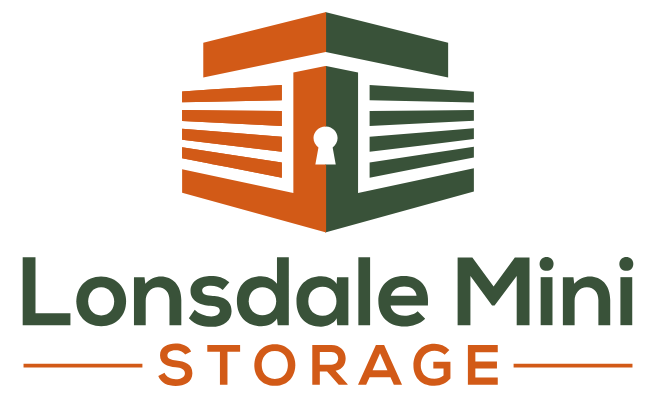- Do label your boxes. If you’re using self-storage, chances are you don’t intend to be needing the items you’re packing up for at least a couple of months. And even if you swear you’ll be able to remember that the boxes packed in the right-hand corner contain your extra kitchen utensils or sports equipment, you’d be surprised how easy it is to forget what’s what once everything is sealed up and out of sight. Labeling your boxes makes the unpacking process much easier, and is also useful if you ever need to come in and grab something.
- Don’t store anything super valuable. As a general rule, if you can’t afford to lose it, you probably shouldn’t be putting it in your storage unit. A majority of the time your belongings will be just fine and there’s nothing to worry about, but self-storage always come with a risk – albeit a small one – that items will get damaged or lost. To be safe, find an alternative way to house art, jewelry, family heirlooms, and other valuable items that you don’t want to take any chances with.
- Do pack strategically. Some of the most crucial self-storage tips you’ll want to follow are those around how to pack your things, particularly if you’re using a moving container that may shift in transit. You never know if or when you’ll need to access your unit during the storage period, so organize everything in a way that makes it easy – just in case. Store items you’re more likely to need toward the front of the unit, and things you know you’ll be able to live without for a while in the back. And think vertically. Instead of crowding things across the bottom, take advantage of the unit’s height (most are at least eight feet tall) and stack your items, keeping the heavier things closer to the ground. If you can, leave a pathway from the front of the unit to the back so that no item is completely out of reach.
- Use dryer sheets to keep insects and spiders away. Place them in all corners and boxes especially by the front of the unit. The sheets will also keep your items smelling fresh! (Be sure to replace the dryer sheets monthly to maximize results)
- Make an aisle between boxes so you can easily access your stored items. Sometimes you will need single items from the unit, with an aisle, you won’t have to move all of the other boxes out!
- Put charcoal in a saucepan and leave it in your unit. It will help absorb moisture.
- Make the most use of vertical space by stacking boxes of the same size and storing couches on their side. Use shelving along the sides of your unit for even more space and organization!
- Use mattress covers to keep mattresses and box springs dust-free Or you can use 2 fitted sheets to cover the top and bottom to keep the dust away.
- Leave a small space between the walls and your boxes. It prevents mold and allows for ventilation. Also use wood pallets to keep your boxes off the floor for further ventilation.
- While most items you store will be temperature resistant, be cautious with very sensitive items like electronics. Don’t store them in extremely cold weather. Freezing temperatures can ruin electronics like flat screen TVs and can even wipe the hard drive of laptops and computers! If you remove the items in the cold, allow them to sit for 48 hours in your heated home before plugging them in to prevent plastic components from cracking.
- Drain all fuel from leaf blowers, lawn mowers and other gas-powered machines. When storing your car, make sure the gas tank is either completely full or completely empty to avoid condensation!
- Don’t leave items unprotected. Prevent items from getting damaged by taking the time to properly pack and wrap them. Furniture should be covered with blankets or moving pads (not plastic, which can trap moisture, resulting in mildew and mold), and anything small should be boxed up. Fragile items should be carefully wrapped in packing paper, and stored in a way that they can’t move around.
- Do purchase insurance. Check to see if your renters or homeowners insurance covers personal property in storage. It’s good peace of mind to have extra protection just in case, especially since if you didn’t care about the items in your unit, you probably wouldn’t be going through the trouble of storing them in the first place.
- Do not store anything perishable, this will avoid attracting rodents or vermin.
- Do not store anything flammable, such as paint or other chemicals that are hazardous.
- Drain any fluids prior to storing blowers, lawnmowers, and other equipment; Do not store hazardous or combustible materials.
- Do not store live animals
- Do not store explosives
- Do not store any items that need to be in a controlled environment.
- Lock your unit with a high-security, quality disc lock or cylinder lock.
- Be sure to check your unit once a month.
